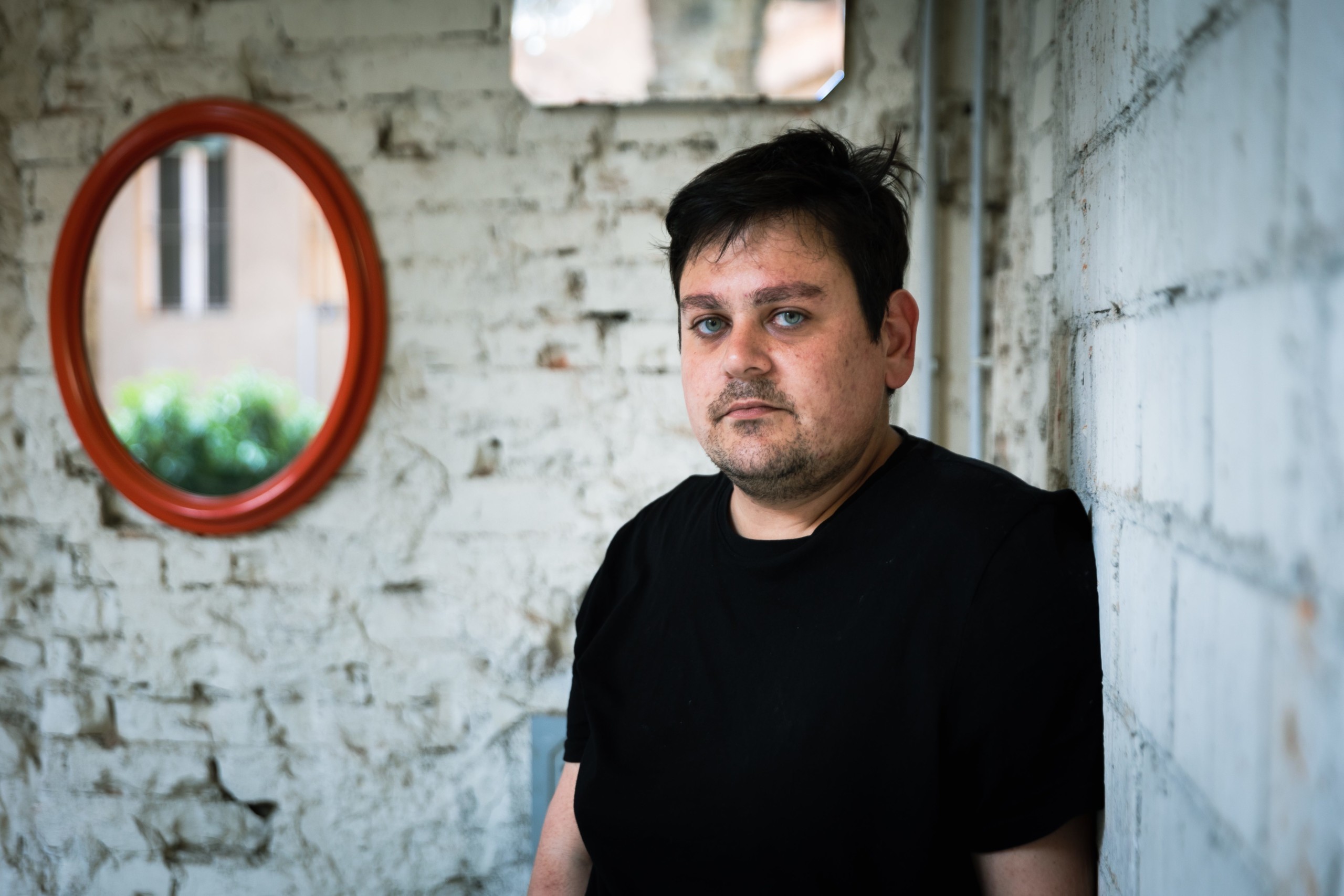Calderón – by Fabio Condemi
Synopsis
Calderón is perhaps the most complex step in Pier Paolo Pasolini’s voyage as a playwright. A multi-layered text in which the narratives continuously merge, expand and reconnect, enriching a turbulent imaginative universe. The writing and the imagery of Calderón de la Barca encounter those of Bertolt Brecht, highly influenced by Roland Barthes’ insight; at the same time, the pro-Franco Spain from the 60’s and the student revolution movements provide a fundamental ground for a controversial interpretation of recent History and its heritage, while Velazquez’s painting and technique acts as an overhead visual reference that guides the staging.
In prologue of “Calderón”, Pasolini sheds a new light on the concept of representation and the relationship between theatre and spectators, moving against «those responsible of the incoming new era […] who, with their awareness of the present and of the possibilities of the future, assume the experiences from last year as decrepit: and let’s not even talk about the language they use! ». Platonic dialogues function as a dramaturgical source, alongside Freudian psychoanalysis and theological studies on body, while dreamlike world is seen, at the same time, as a prison and as utopia.
This intricate semiotic labyrinth, where signs and signification coexist, opens a narrow passage that crosses the ingenious language of Pasolini’s text and train of thoughts. The spectators are called to question themselves deeply about their being part of a controversial History, together with their physical presence, with their labour, with their responsibility, with their dreams.
Premiere: Teatro Arena del Sole, novembre 22
Credits
By Pier Paolo Pasolini
Direction set and costume conception Fabio Condemi
With (in alphabetic order) Valentina Banci, Matilde Bernardi, Marco Cavalcoli, Michele Di Mauro, Carolina Ellero, Nico Guerzoni, Omar Madé, Caterina Meschini, Elena Rivoltini, Giulia Salvarani, Emanuele Valenti
Set, image dramaturgy Fabio Cherstich
Costumes Gianluca Sbicca
Light design Marco Giusti
Sound design Alberto Tranchida
Assistant director Angelica Azzellini
Set realized in ERT scenography studio
Head of scenography studio and carpenter Gioacchino Gramolini
Carpenters Tiziano Barone, Davide Lago, Sergio Puzzo, Veronica Sbrancia, Leandro Spadola
Set decoratorsLudovica Sitti with Sarah Menichini, Benedetta Monetti, Bianca Passanti, Martina Perrone
Iron set elements realized by Falegnameria Scheggia
Assistant to the set project Greta Maria Cosenza
Costumes realized in the Wardrobe studio of Piccolo Teatro di Milano – Teatro D’Europa
Technical director Massimo Gianaroli
Stage manager Lorenzo Martinelli
Stage hands Rebecca Quintavalle e Davide Lago
Prop woman Benedetta Monetti
Head electrician Giuseppe Tomasi
Sound technician Alberto Tranchida
Wardrobe Elena Dal Pozzo
Shootings Alessandro Abate, Luca Gianfrancesco, Enrico Montagna, Lucio Fiorentino
Video editing and direction Lucio Fiorentino
Production Emilia Romagna Teatro ERT / Teatro Nazionale, LAC Lugano Arte e Cultura
in collaboration with Associazione Santacristina Centro Teatrale within the project “Come devi immaginarmi” (How you should imagine me) dedicated to Pier Paolo Pasolini
The performance is realized within the international project “Prospero Extended Theatre”, thanks to the support of the programme “Creative Europe” of the EU
Thanks to Acondroplasia Insieme per crescere Onlus
Reproduction of the picture Las Meninas by Diego Velázquez from the Photography Archive of the National Museum of Prado (Madrid)






